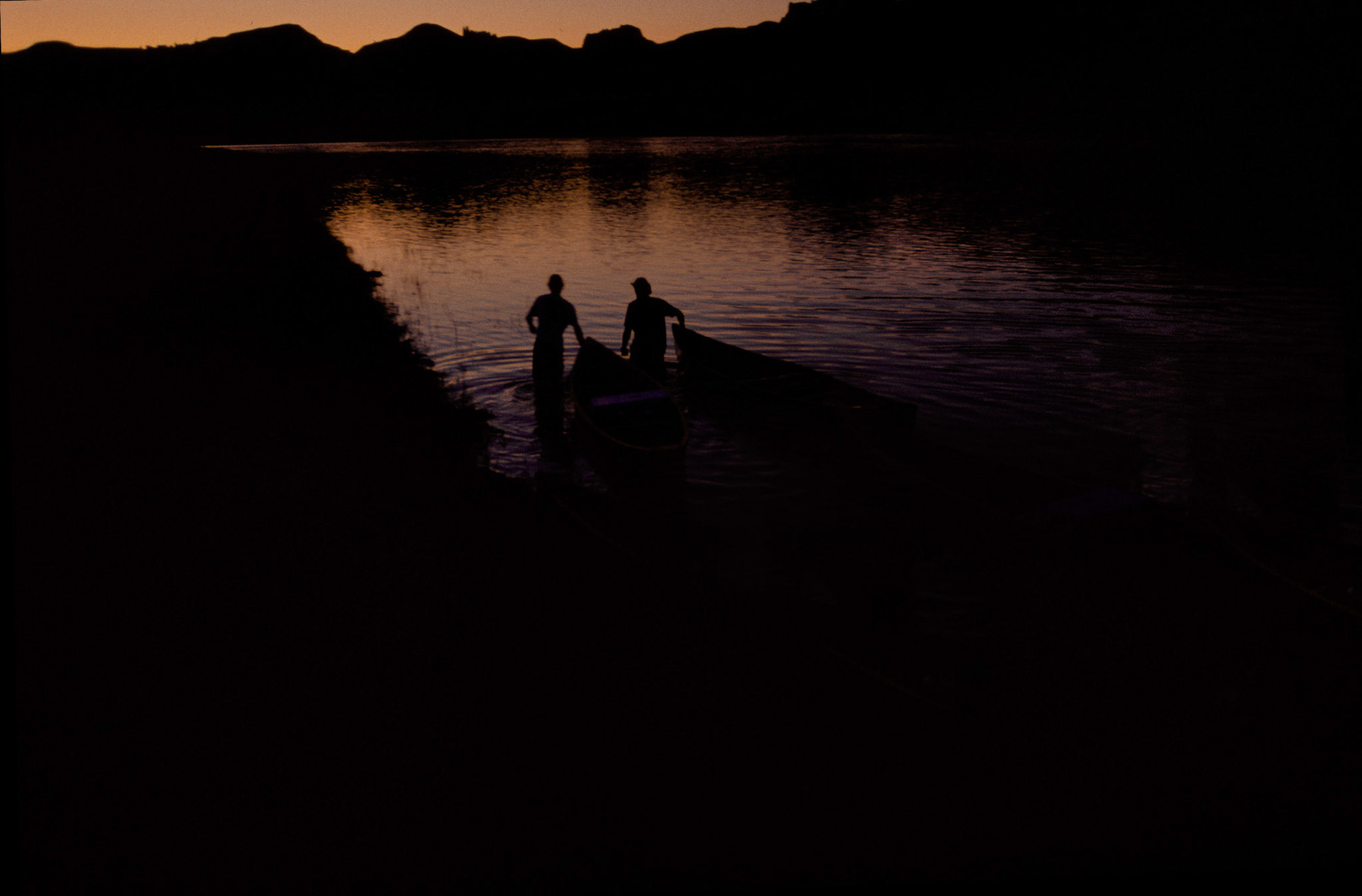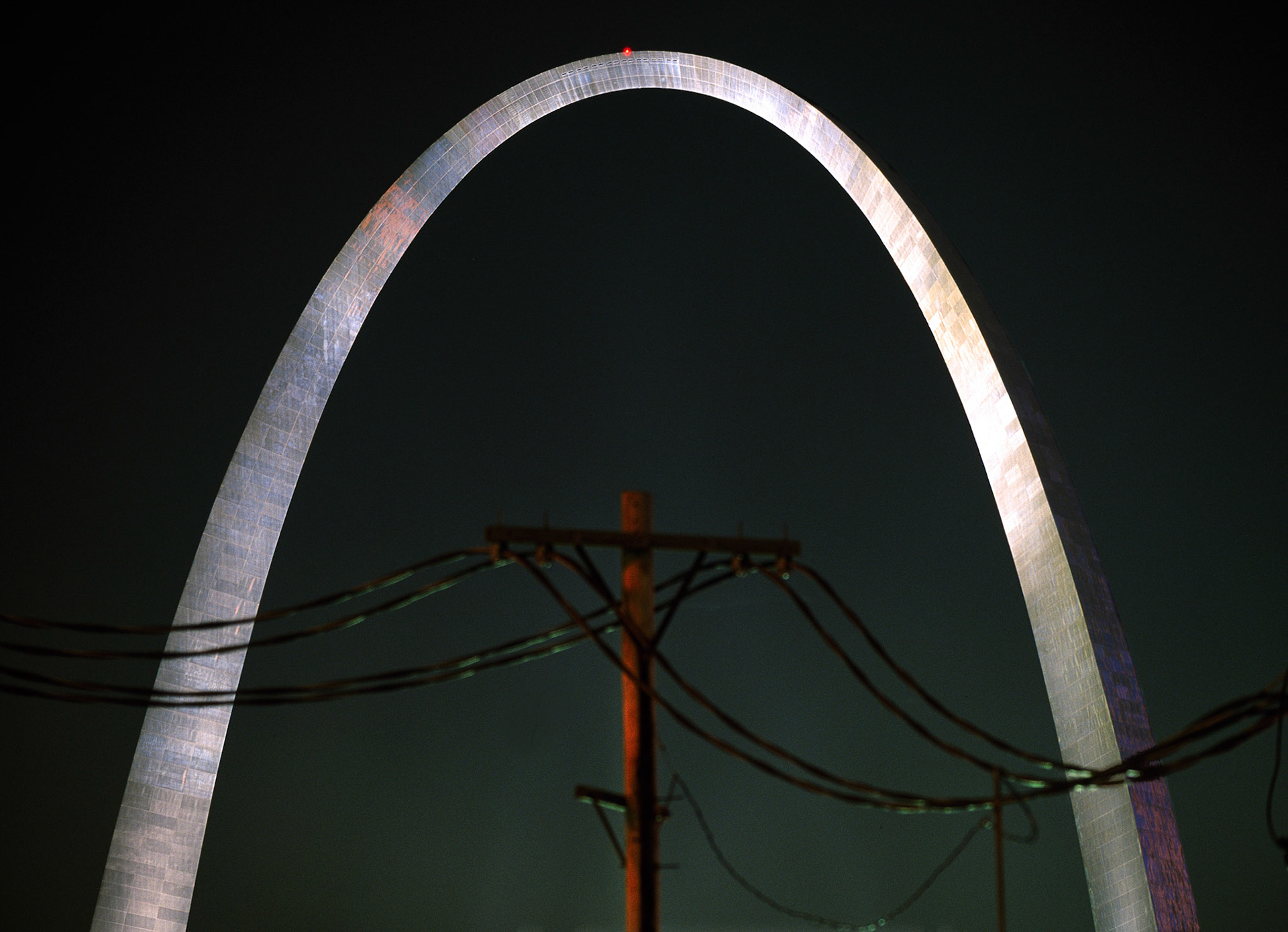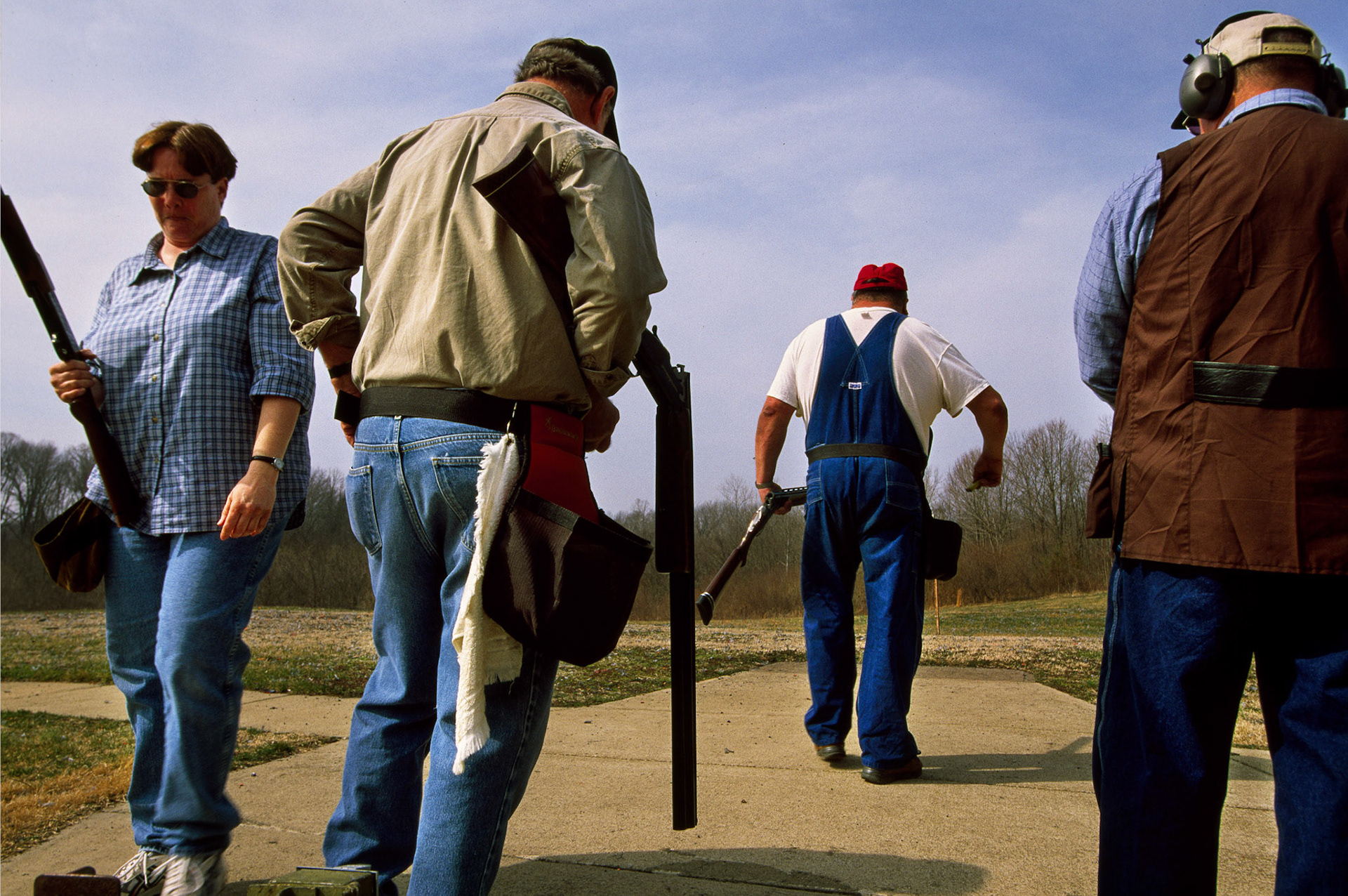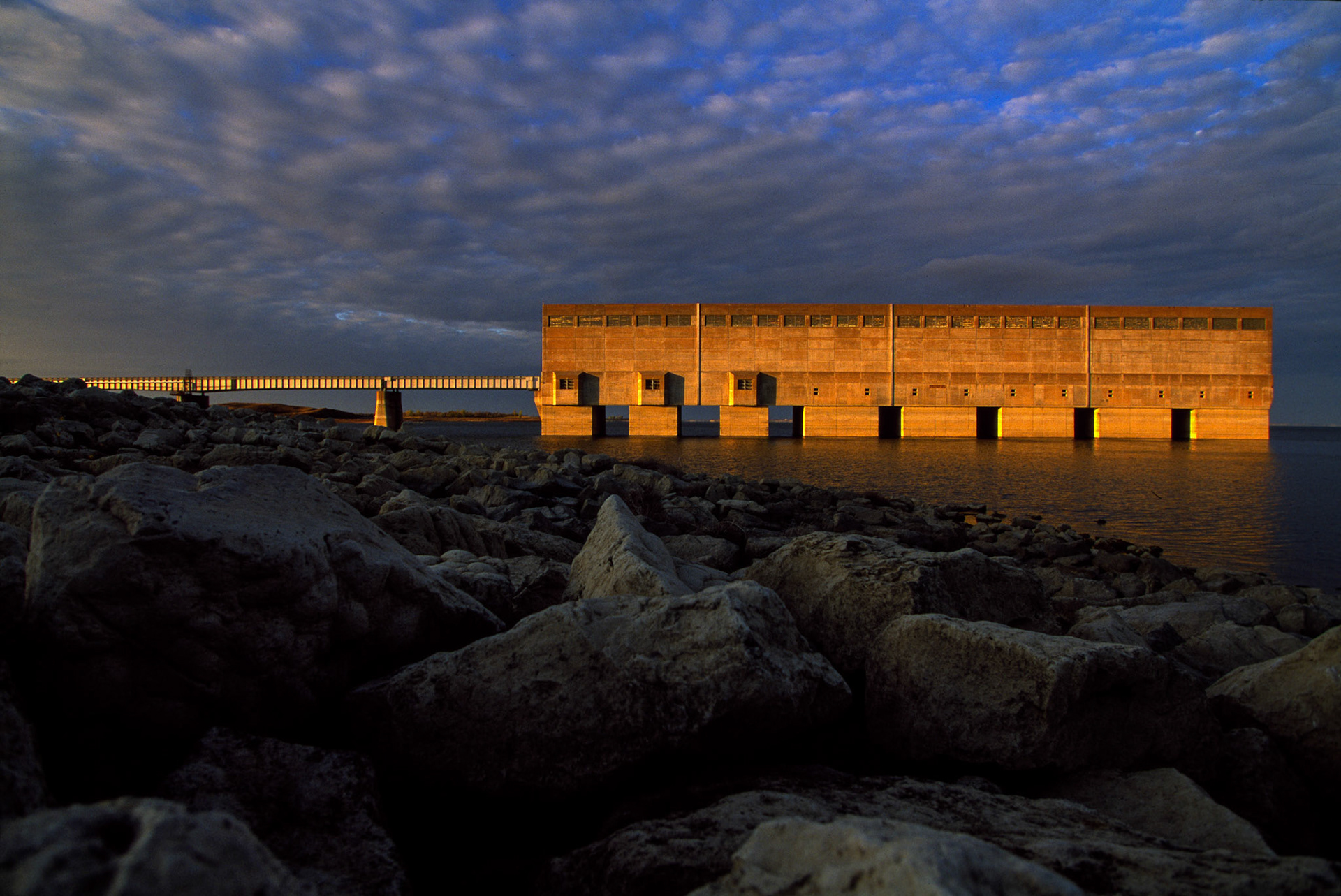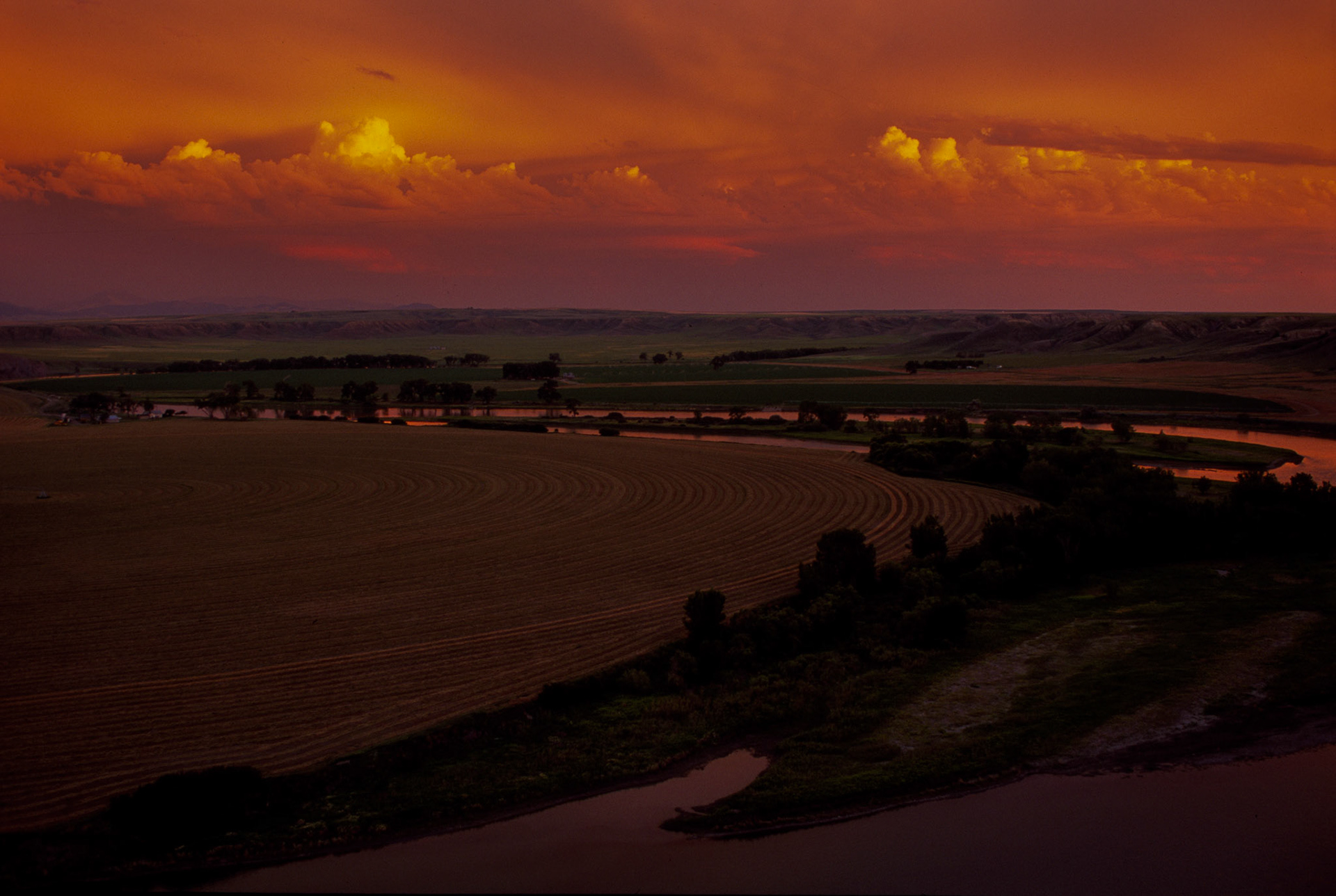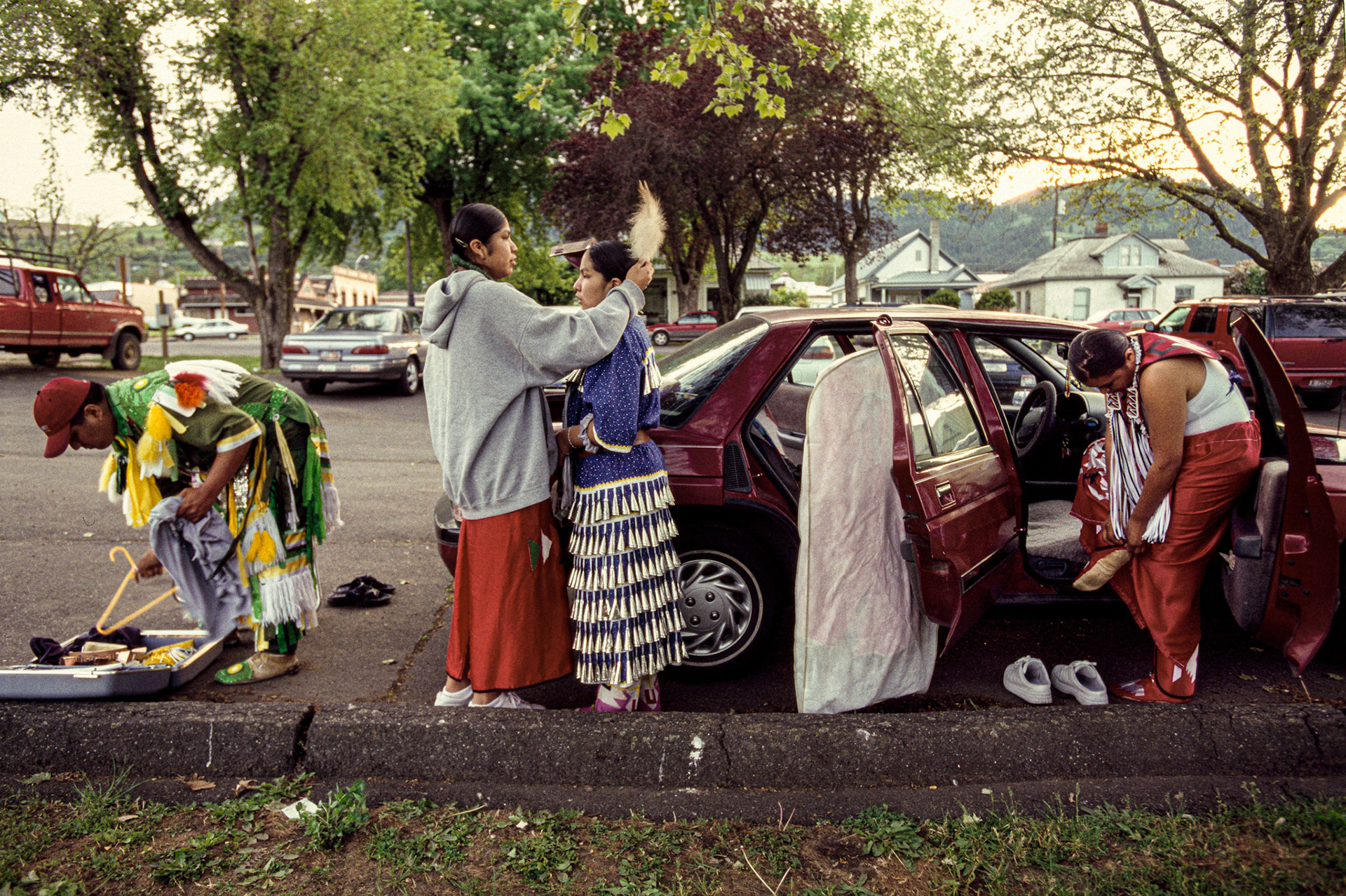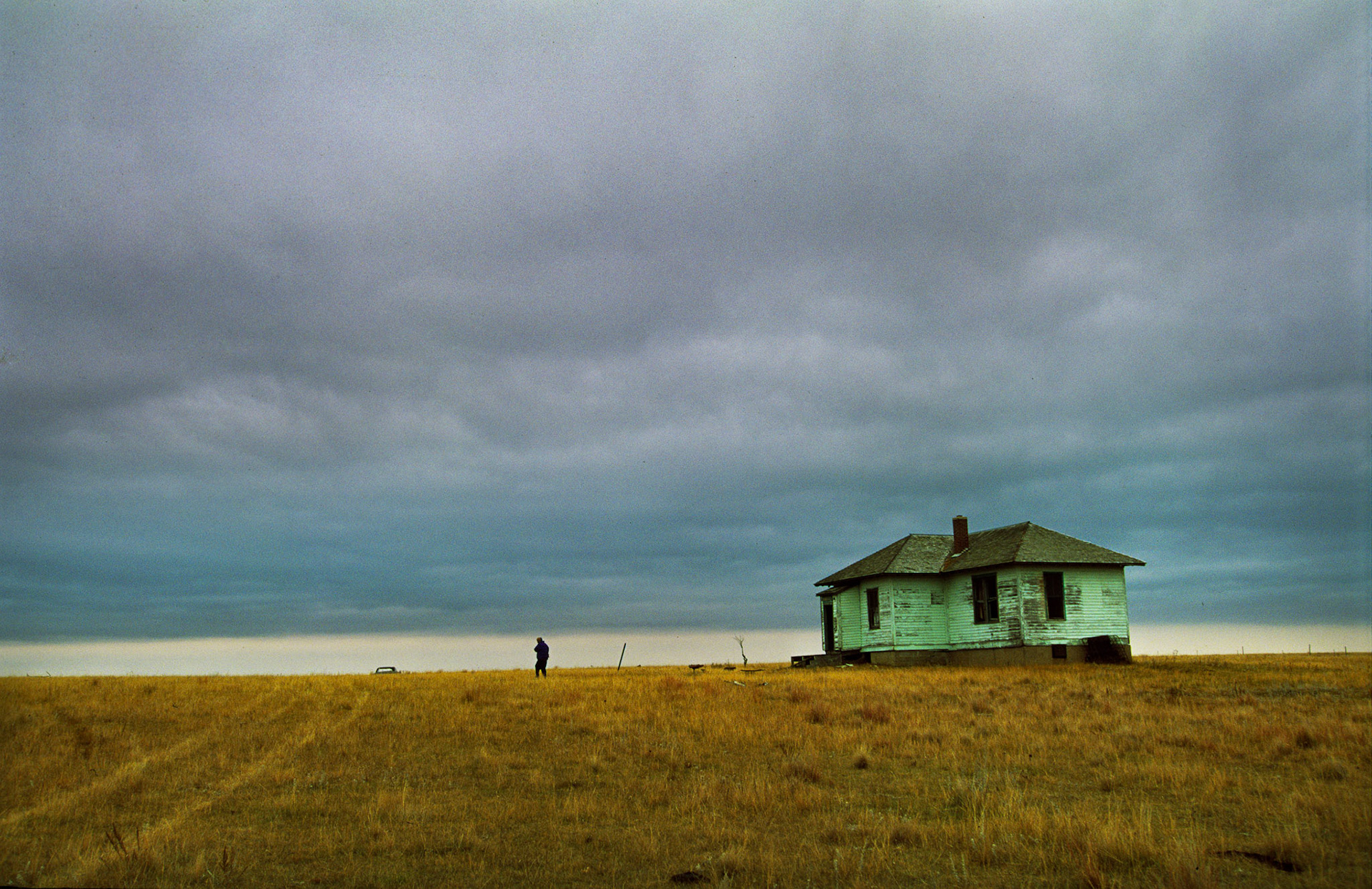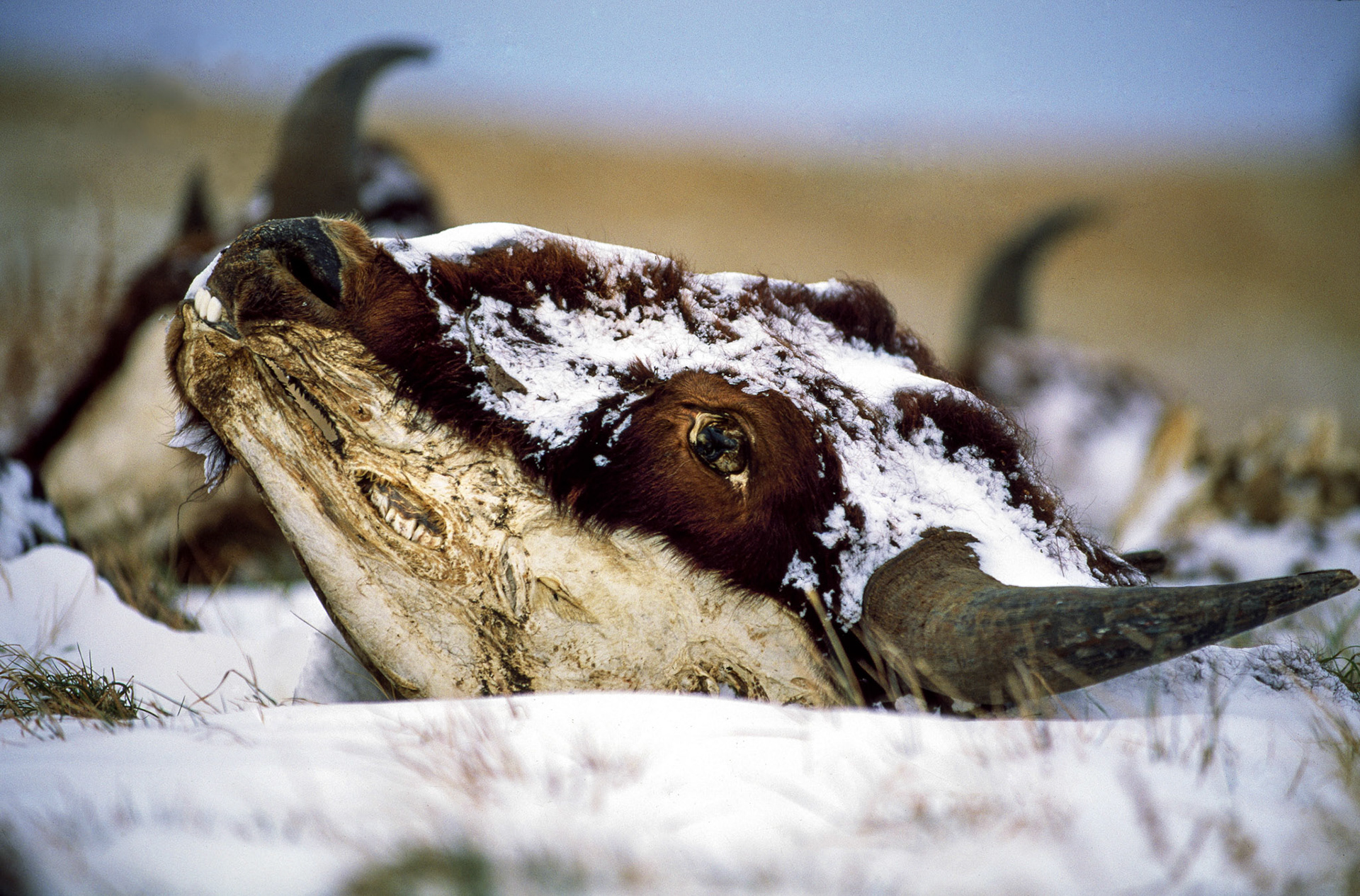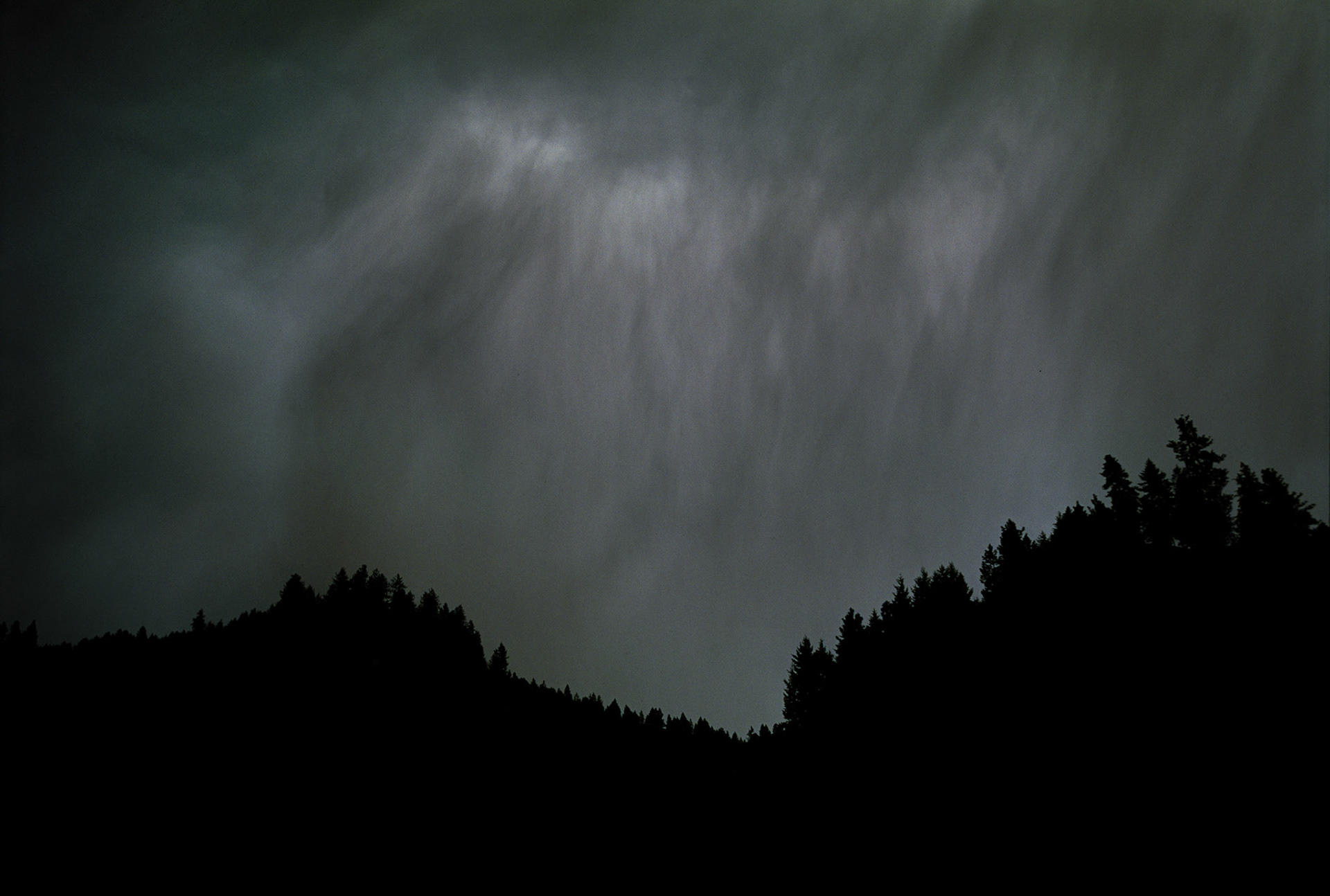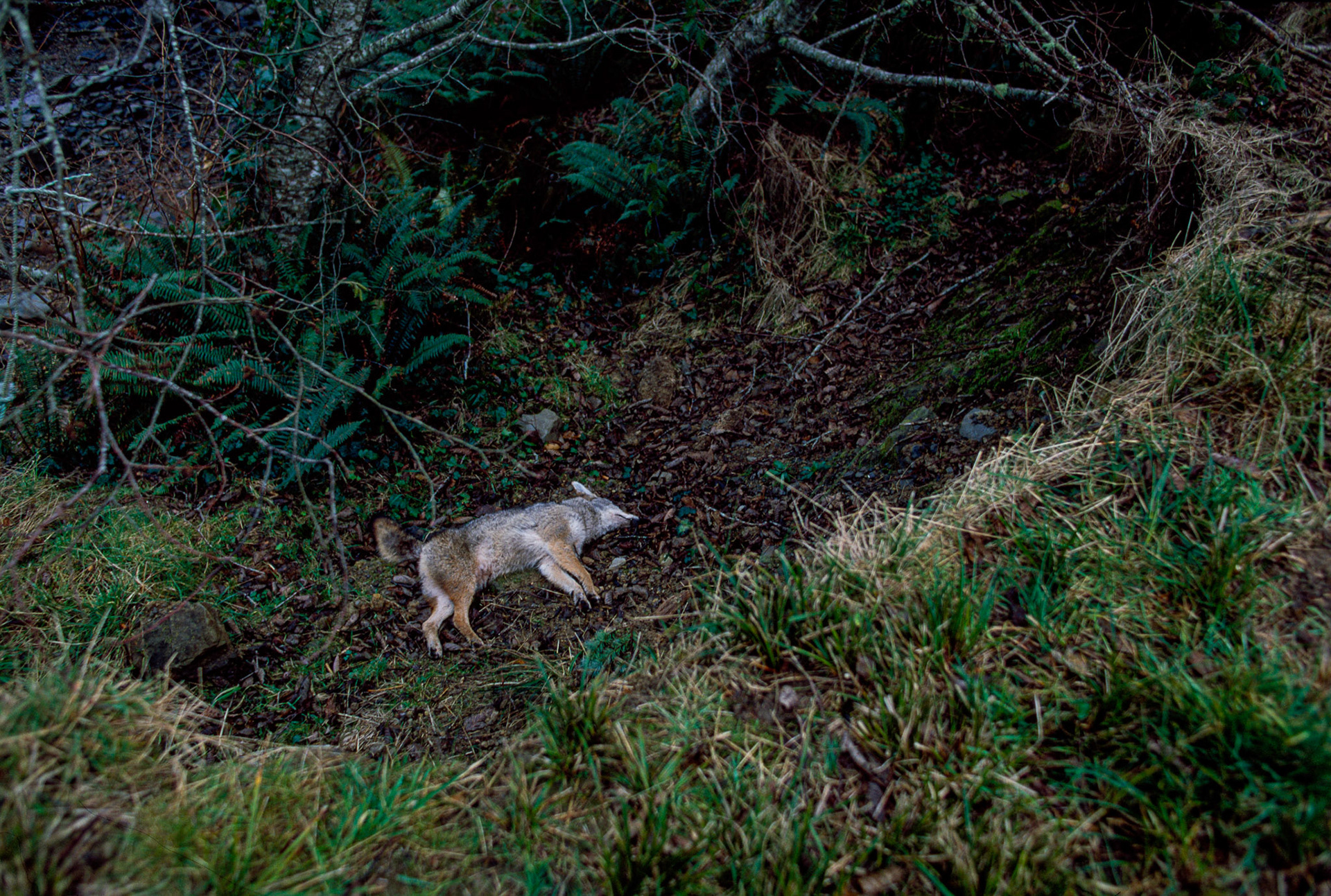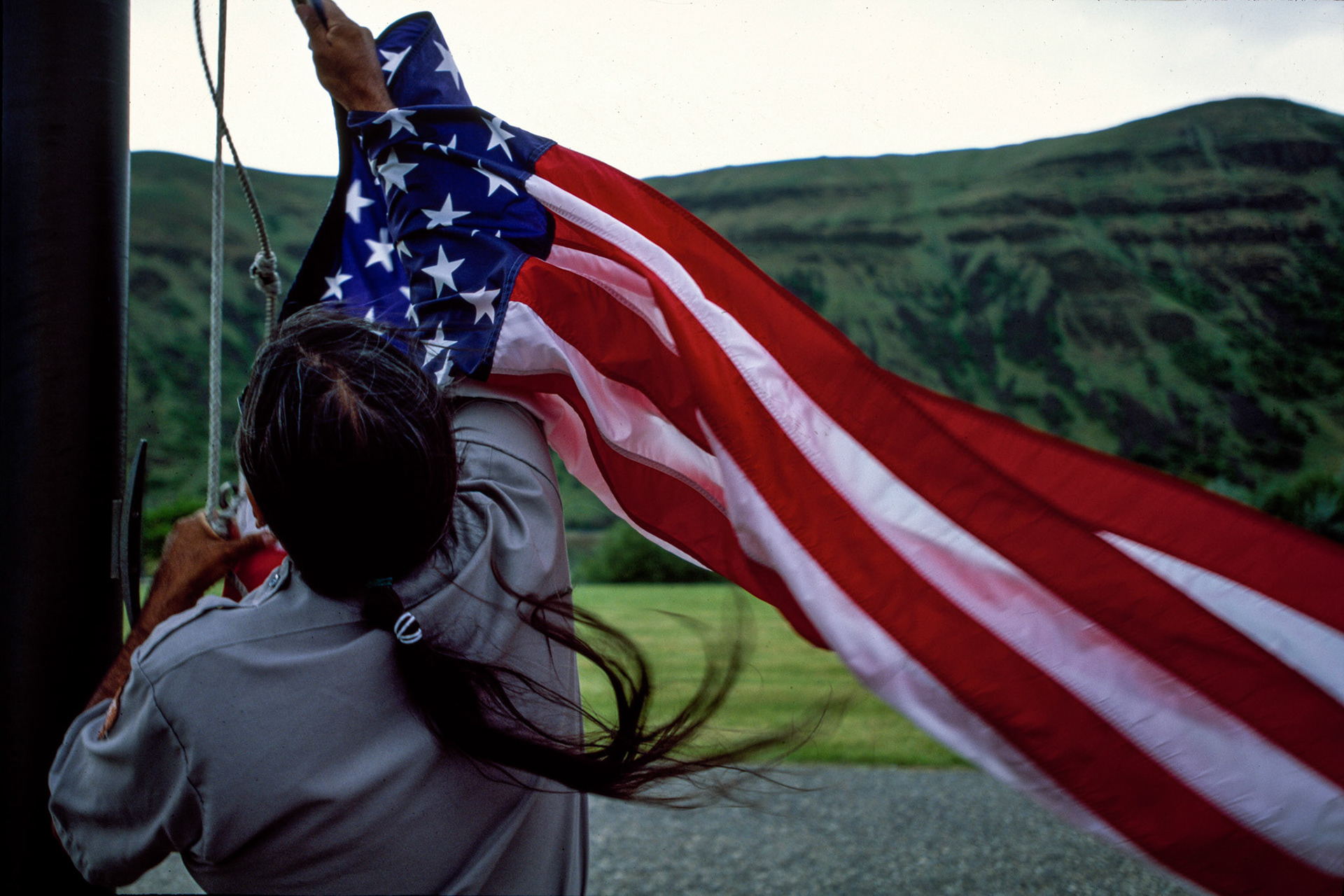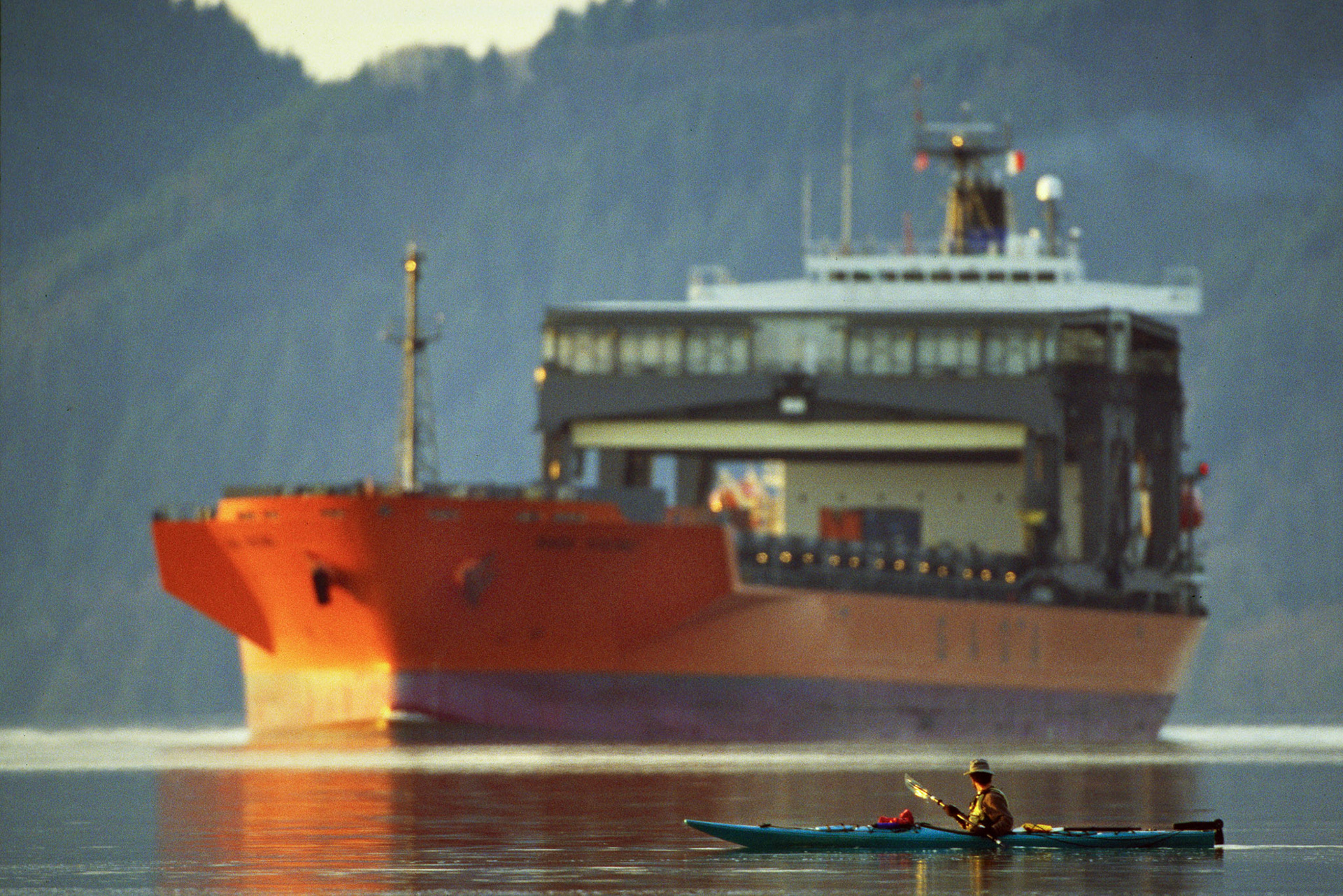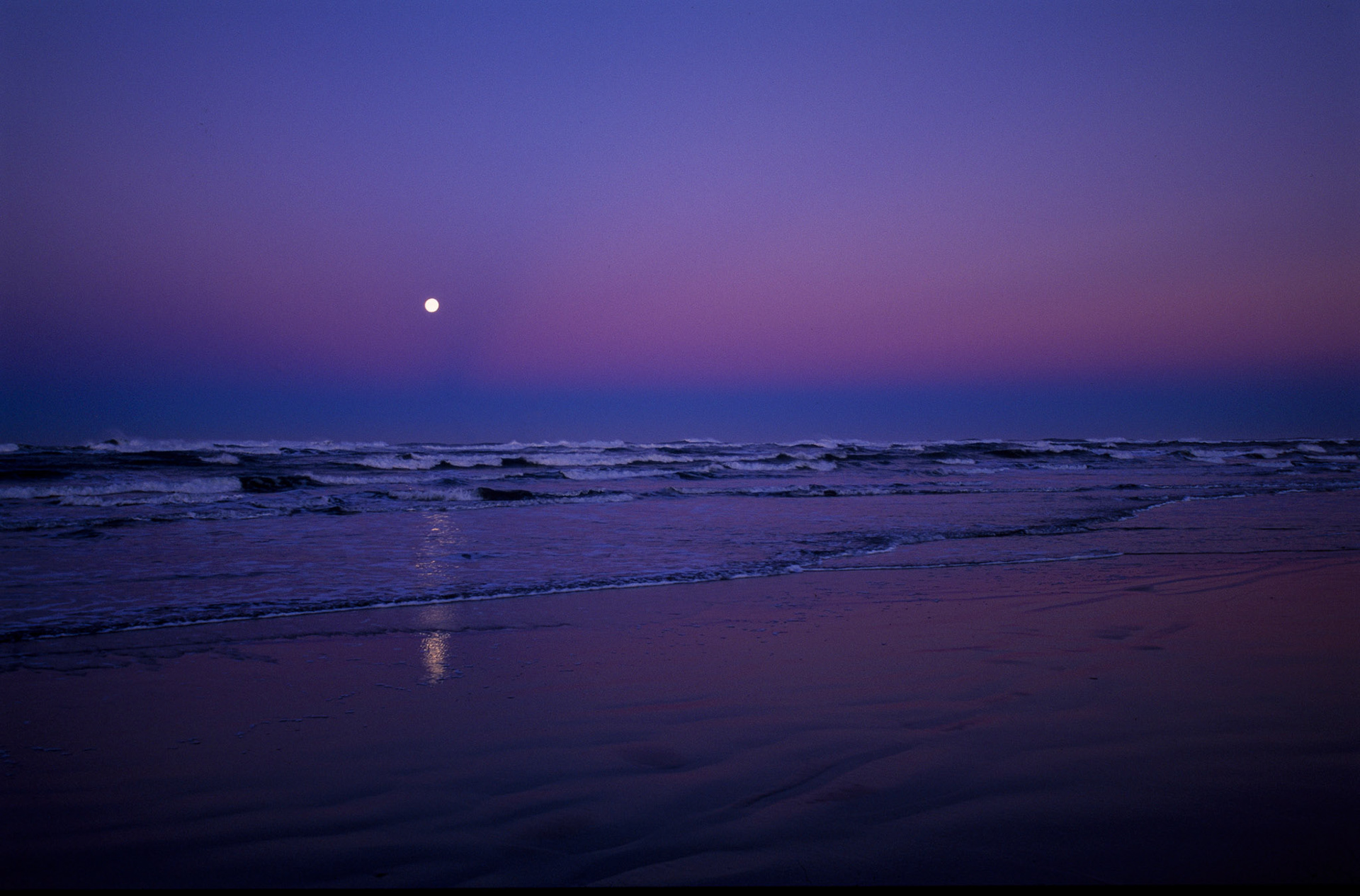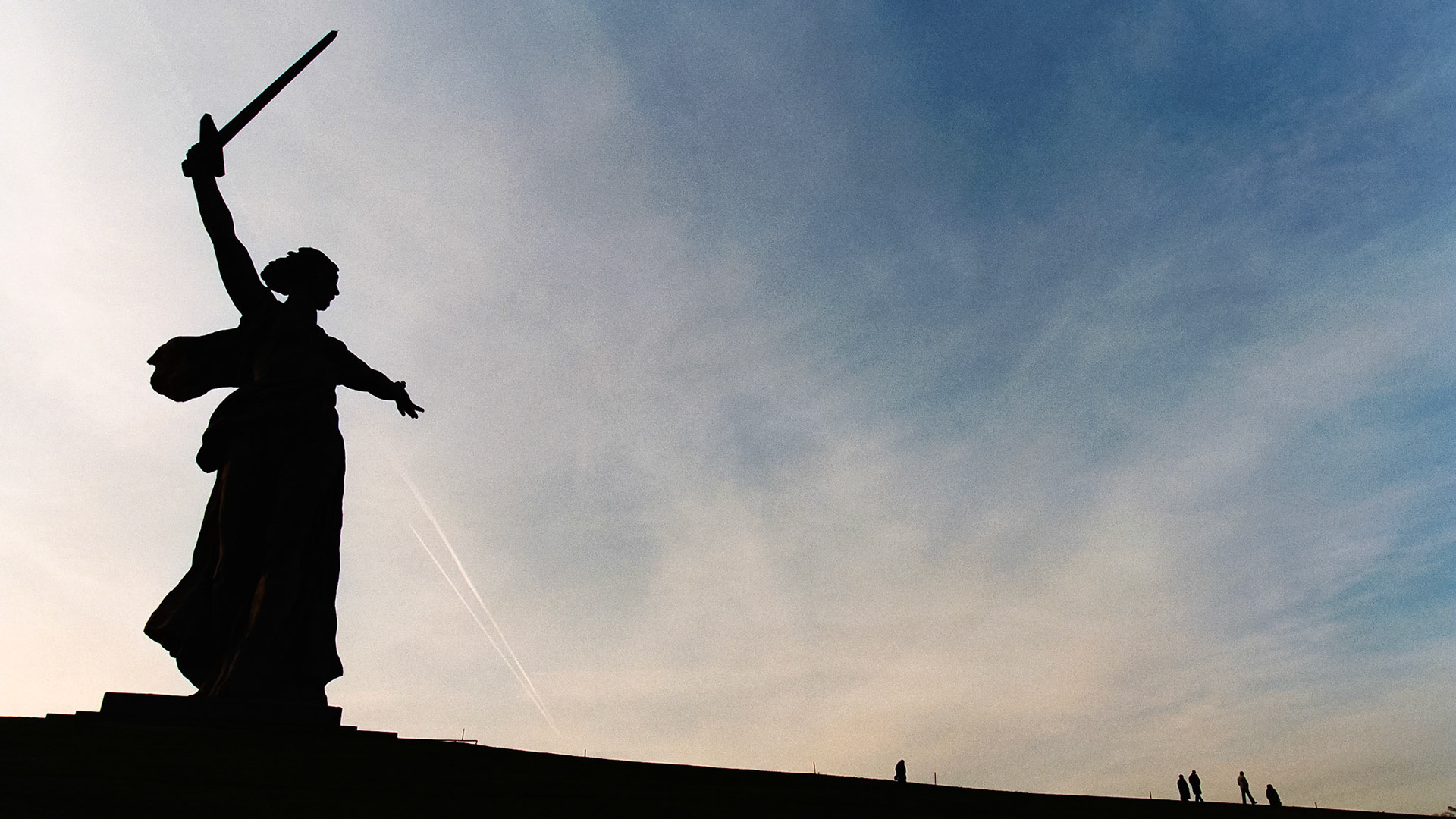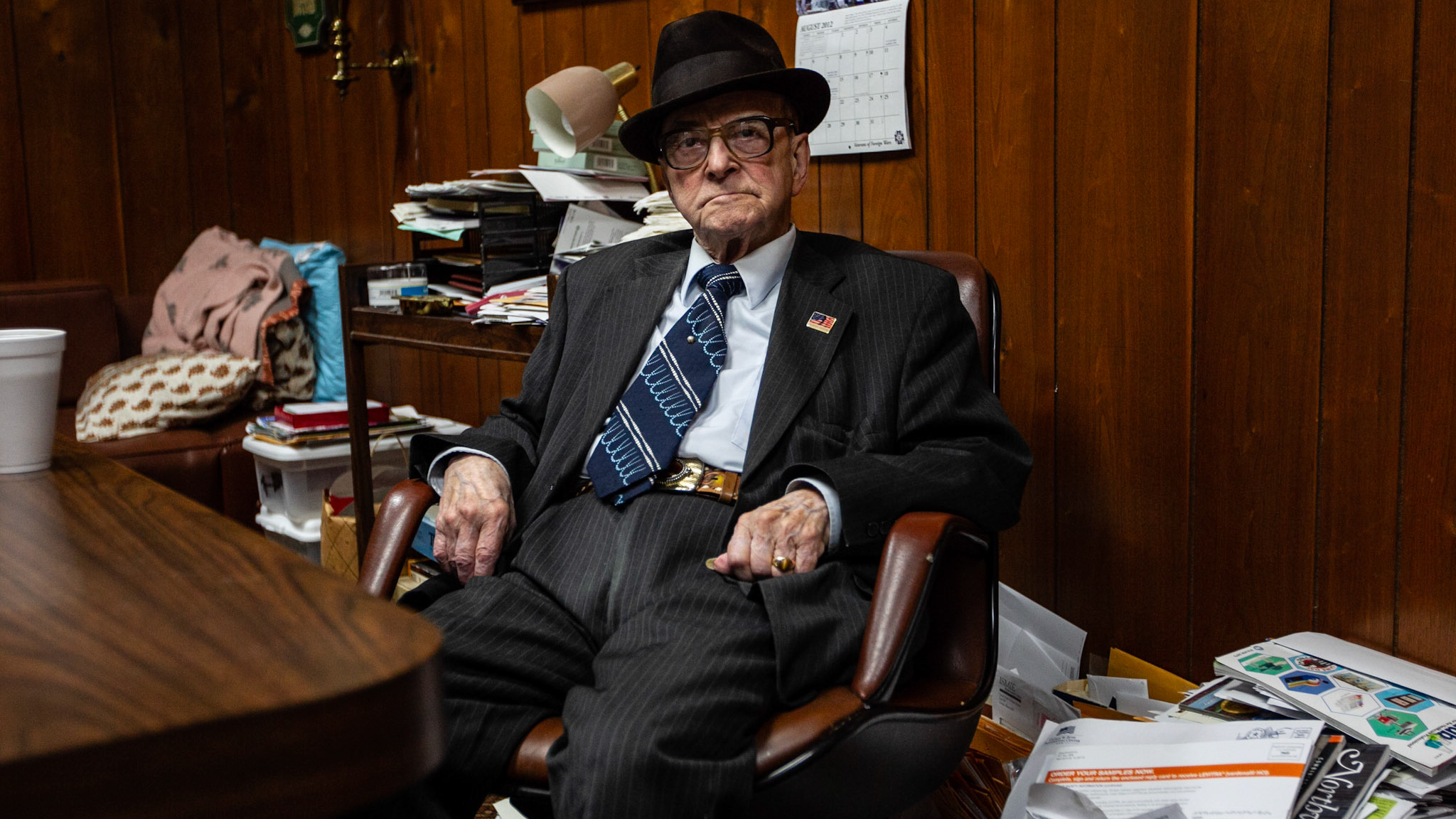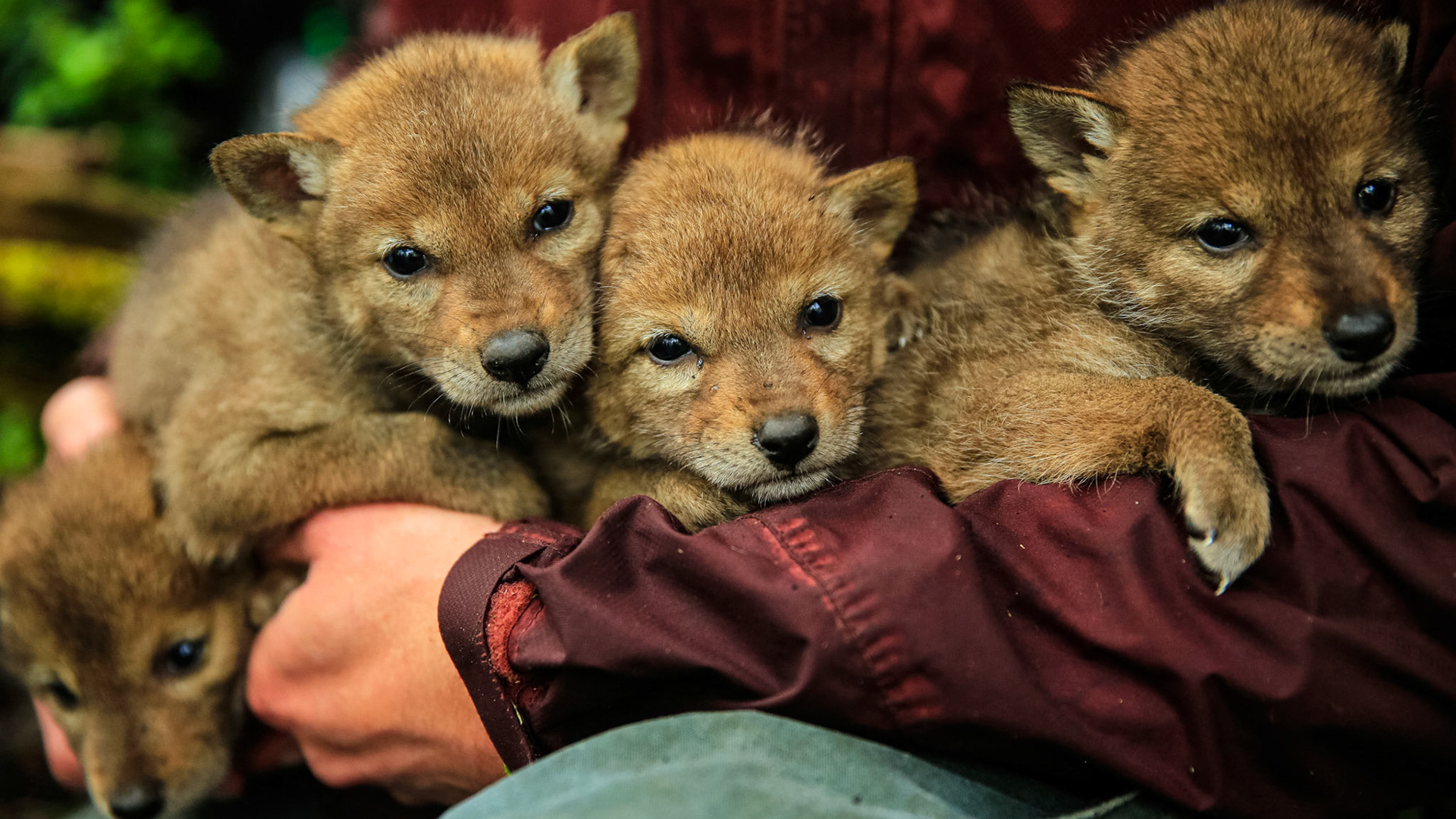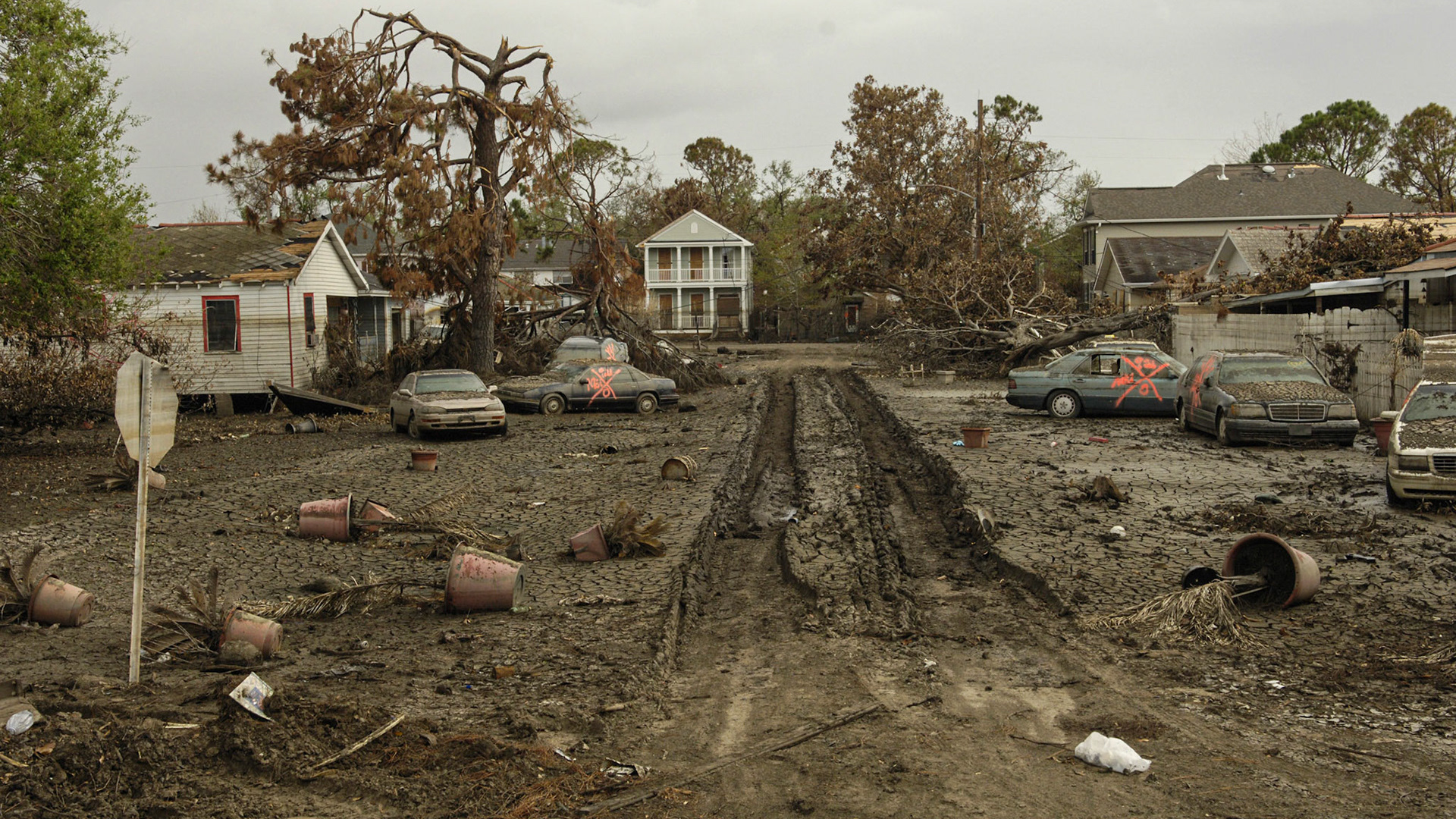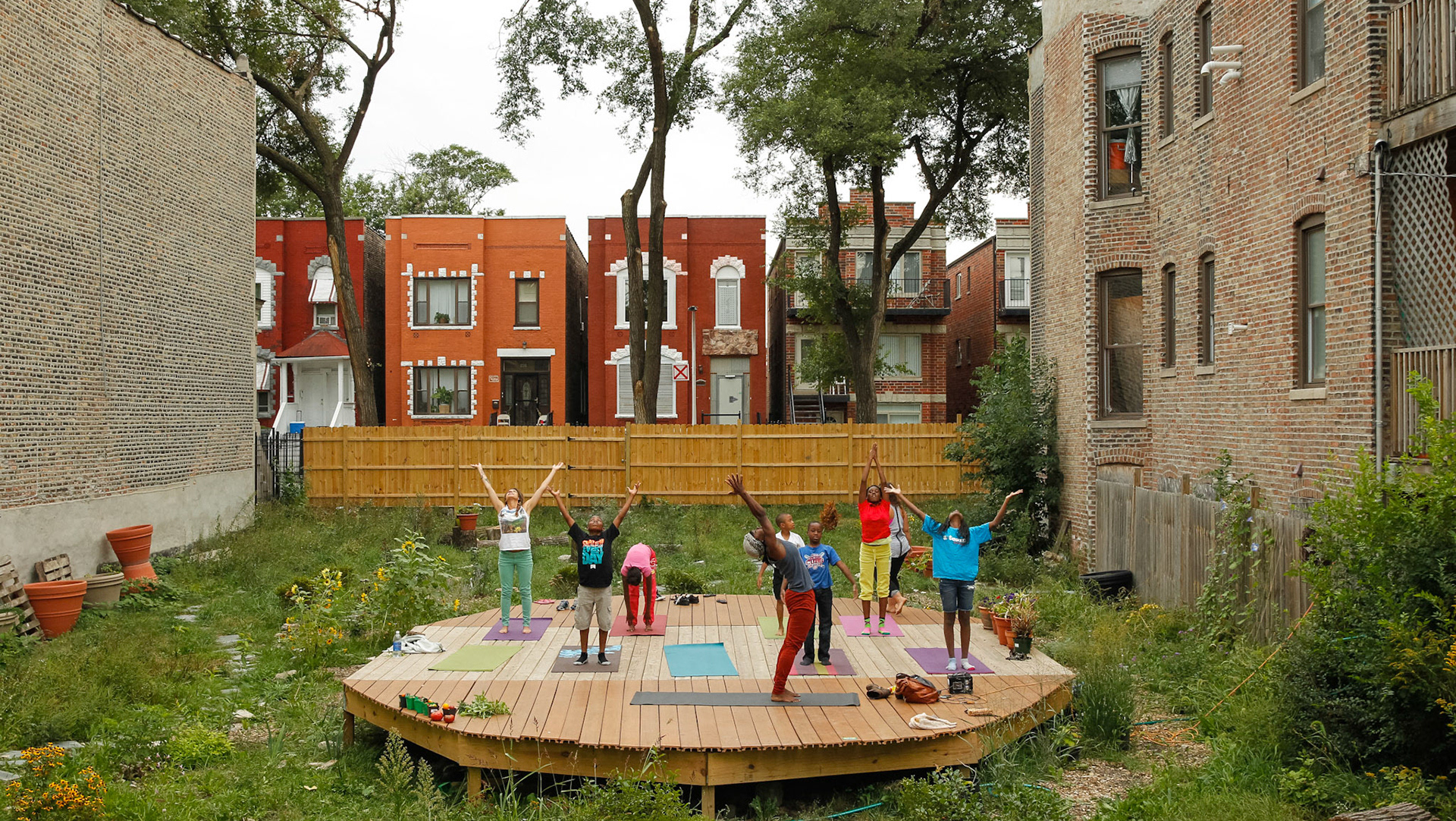
“We were now about to penetrate a country at least two thousand miles in width, on which the foot of civilized man had never trodden…” Meriwether Lewis, April 7, 1805, Upper Missouri River.

"The first 5 miles of our rout laid through a beautifull leavel and fertile prarie which incircles the town of St. Louis." Meriwether Lewis, May 20, 1804, Illinois Territory.

“In Camp Shooting with the party all git beet and lose their money…” William Clark, May 6, 1804, Illinois Territory.

“The earth Black and many of the Bluffs have the appearance of being on fire. We came too and camped on a mud bar…the evening is calm and pleasent…” William Clark, Oct. 5, 1804, near site of present day Garrison Dam, North Dakota.

“We passed on it seemed as if those seens of visionary inchantment would never have (an) end.” Meriwether Lewis, May 31, 1805, upper Missouri River, Montana.

“The…Pierced nose Indians are Stout likely men, handsom women, and verry dressey in their way..” William Clark, Oct. 10. 1805, among the Nez Perce, present day Idaho.

“…they believed what we had told him, and that they should soon enjoy peace…they could hunt without fear of being attacked, and the women might work in the fields without looking every moment for the enemy…” Meriwether Lewis, Oct. 31, 1804, near today’s Ft. Berthold Indian Reservation.

“Great numbers of Buffalow in every derection. I think 10,000 may be seen in a view.” William Clark, June 30, 1805, present-day South Dakota.

“I have been wet and as cold in every part as I ever was in my life…men all wet cold and hungary.” William Clark, Sept. 16, 1805, near today’s Orofino, Idaho.

“And I killed a prairie woolf which together with the ballance of our horse beef and some crawfish…enabled us to make one more hearty meal, not knowing where the next was to be found…” Meriwether Leiws, Sept. 21, 1805, crossing the Rocky Mountains.

“Our officers gave the chiefs of this village a flag and one to the chief of the next village about 2 miles further on our road, which they hoisted.” Joseph Whitehouse, Sept. 23, 1805, near present-day Nez Perce Historical Park, Idaho.

“This appears to be a very good harber for large Ships.” William Clark, Nov. 18, 1805, Columbia River estuary.

“Ocian in view! O! the joy.” William Clark, Nov. 7, 1805, near the mouth of the Columbia River at the Pacific Ocean.
